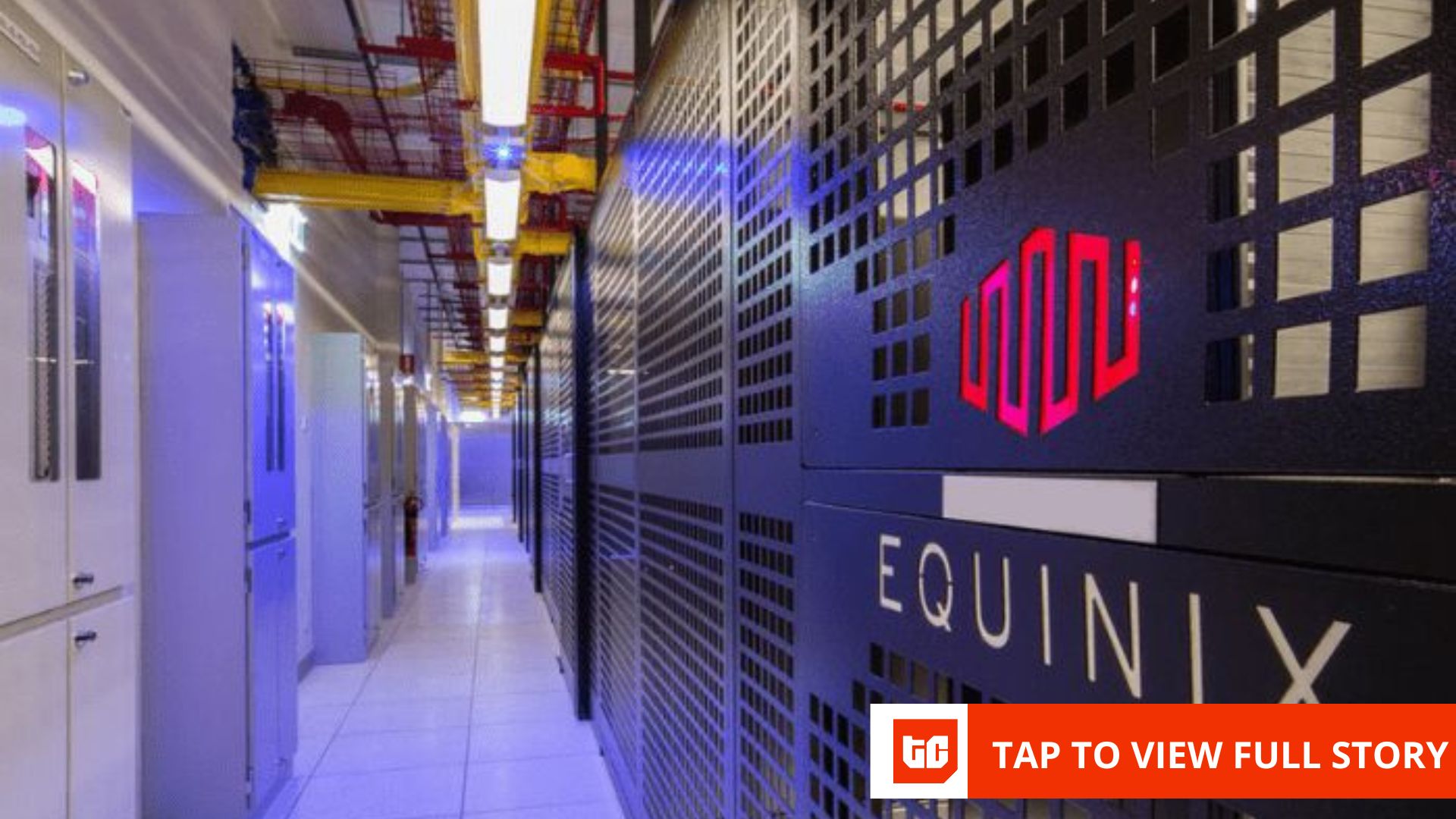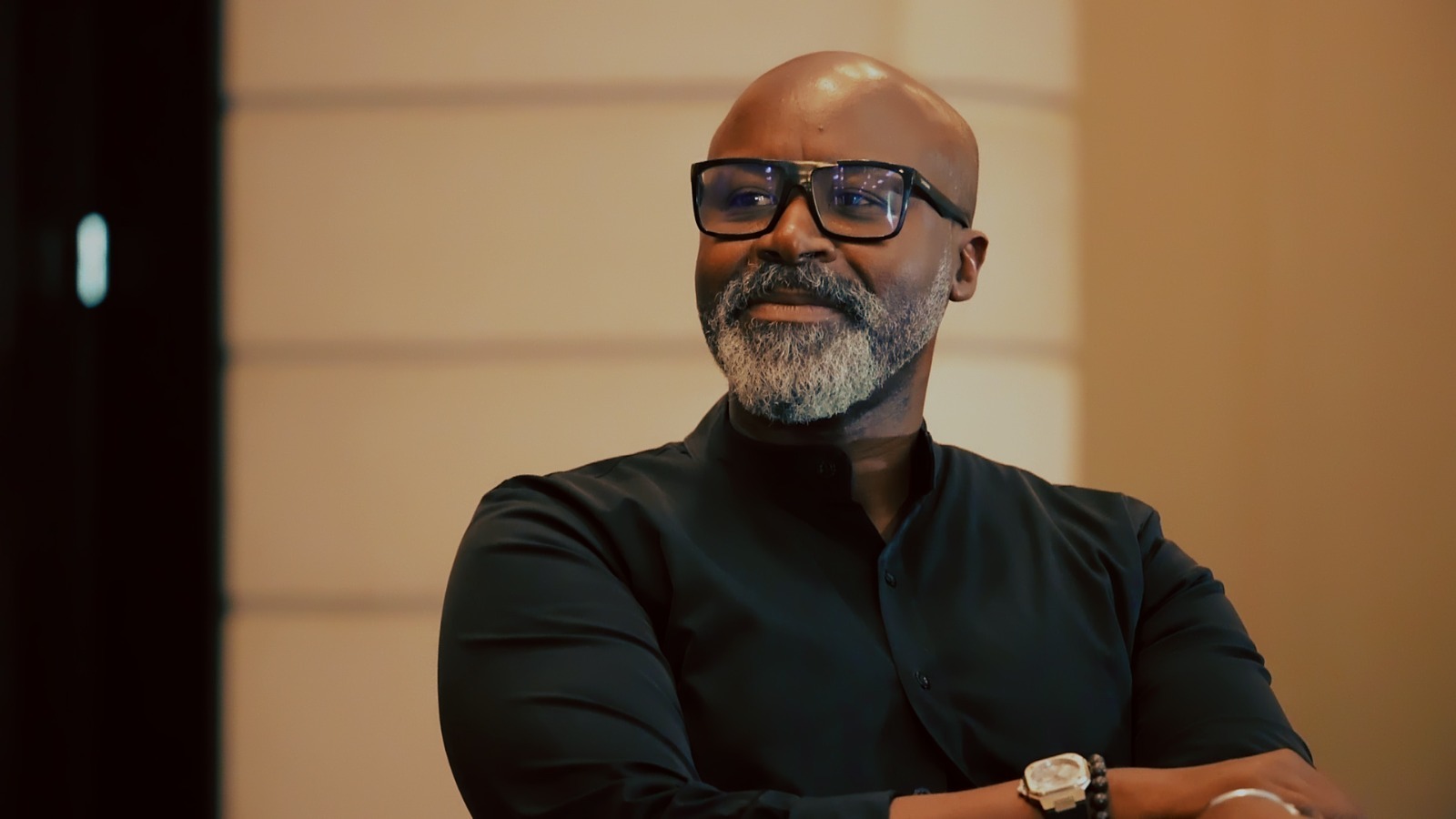On June 20, 2025—eight months after completing its $320 million acquisition and integration of MainOne, Nigeria’s pioneering private submarine cable operator—Equinix hosted its first community meeting with key players in Nigeria’s digital network and infrastructure ecosystem. More than a meet-and-greet, the event was an occasion for the company to make known its post-acquisition play in Africa. “We’re not here to compete; we want to be an enabler in the market,” said Brenden Rawle, Equinix’s Senior Director of Business Development for EMEA.
Wola Abu, Equinix’s Managing Director for West Africa, echoed the message, emphasising the company’s intention to expand opportunities for everyone. “We create a platform for everyone to thrive. So while we have local routes, we now have global connections,” he said.
With over 260 International Business Exchanges (IBX) under management, Equinix operates some of the most critical global digital infrastructure, offering data centre colocation, interconnection, cloud on-ramps, and internet exchange points. These services sit at the core of modern telecom and internet operations, enabling operators, cloud providers, content platforms, and enterprise clients to connect and scale seamlessly.
In a market like Nigeria, where low-latency, high-reliability infrastructure and data sovereignty are growing concerns, Equinix’s presence could easily be seen as a competitive force. Yet, by maintaining a carrier-neutral stance and supporting rather than displacing local networks, the company is positioning itself not as a rival but as a backbone to facilitate the growth and efficiency of the entire telecom and digital ecosystem.
Central to this carrier-neutral positioning is Equinix Fabric—a software that allows businesses to connect their digital infrastructure, such as data centres, clouds, networks, and partners, directly and on-demand through Equinix’s global network. Operators, fintechs, cloud-native startups, and enterprise businesses can bypass traditional internet routing and establish direct, secure connections, helping reduce latency and improve reliability.
“Equinix Fabric is one of my favorite tools. It inspires innovation. You start thinking of new services to offer the moment you plug in,” said Oluwasoji Solutions, Director, Solutions Architects, Equinix. “You spin up connections when you need them, spin them down when you don’t. It’s efficient, cost-effective, and global.”
Equinix Fabric went live in South Africa in May 2025, marking its first deployment on the African continent. It is scheduled to launch in Lagos in Q1 2026, expanding access to a global digital fabric currently active in 63 metropolitan locations worldwide.
Speaking during the meeting, Rawle said of the company’s philosophy that “success means building a platform that welcomes everyone: providers, networks, fintechs, enterprises.”
Equinix’s global strategy hinges on a dual approach: maintaining strong local relevance while leveraging a powerful international platform. “We are a global company, but we must act locally. The access to local consumers and enterprises is what draws the big global players to our ecosystem,” Rawle said. That thinking informed Equinix’s decision to acquire MainOne—a move that brought credibility, local insight, and operational continuity into its Nigerian and West African expansion.
Beyond Nigeria, Equinix operates in three other African countries: South Africa, Ghana, and Côte d’Ivoire. Its total investment on the continent has surpassed half a billion dollars, covering acquisition, integration, and infrastructure upgrades. In Nigeria alone, significant post-acquisition capital has been deployed to upgrade existing MainOne facilities and to build out new capacity.
“We’ve already invested more on top of the $320 million acquisition to upgrade and expand,” Rawle said. “Our roadmap includes new facilities—LG3, LG4, and LG5—as well as additional interconnection services. LG3 is 15 kilometres from the current campus, and LG4, launching in 2027, will be even larger.”
Bridging infrastructure and policy gaps
The stakes are high. West Africa is one of the world’s youngest, fastest-growing, and most mobile-first populations. Equinix sees this demographic as central to an upcoming explosion in digital traffic. “When we looked at West Africa, we saw a market defined by tech-savvy youth, entrepreneurship, and digital ambition. But we knew the best way to enter was through partnership or acquisition. The MainOne deal gave us that local depth and credibility,” Rawle explained.
But expansion is not without hurdles. Reliable access to power, favourable regulation, and clear digital infrastructure policies remain uneven across the region. Equinix is engaging governments and policymakers to bridge knowledge gaps, especially around AI and the infrastructure demands of emerging technologies. “Many governments want to be AI hubs, but they underestimate the infrastructure it requires. We help them understand what’s needed—particularly power capacity,” Rawle noted.
Equinix’s platform boasts more than 4,000 customers globally and over 64,000 interconnections. In Nigeria, the company is betting on partnership, not disruption, to expand its reach and impact.
Mark your calendars! Moonshot by is back in Lagos on October 15–16! Join Africa’s top founders, creatives & tech leaders for 2 days of keynotes, mixers & future-forward ideas. Early bird tickets now 20% off—don’t snooze! moonshot..com










